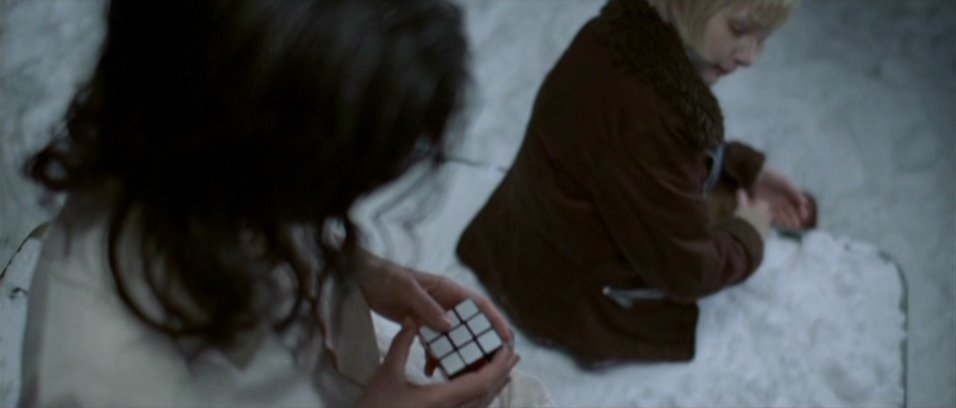Date read: 8.22.09 (re-read; originally read in about 2004 or 2005)
Read from: Borrowed from Kakaner
Reviewer: Emera
N.B. This review is probably not very accessible to anyone who hasn’t read any of the Shadow Saga sequels to Ender’s Game, as this comes nearly at the tail end of the series. If you haven’t read any of the series, you may also wish to not read this review for fear of spoilers.
Some poor decision-making on the part of Peter Wiggin, adolescent Hegemon extraordinaire, leaves the fledgling Hegemony and its resources in the hands of Achilles. Though nominally disgraced in the eyes of the world after the revelation of his international-scale treachery, Achilles is as dangerous as ever. His new power puts him in position to re-enter the game of political manipulation, and sends Bean and Petra – his most hated enemies – into hiding. Meanwhile, the other members of Ender’s Jeesh continue to jockey for the precedence of their respective countries, while themselves often ignored or manipulated by their own governments. In short, the world is paying the price for having nursed a generation of young Napoleons, and Bean and Petra find themselves at the center of events, just when they have come to realize that what they value most is simply each other’s happiness.
My main impression of this was: bridge novel. It’s so obviously written as the sort of mid-series book that has to begin at one place, and get to another, such that while I was fairly engaged when reading, I kept on losing interest in following it as a whole. Overall I’ve become slightly disenchanted with Orson Scott Card, both on the basis that I find many of his political and personal opinions repugnant and on the basis that… frankly, I don’t think he’s a genius as much as I used to anymore. I’ve been re-reading the Shadow series because the final book hadn’t yet been published when I first ran through the series, so I’ve had to catch up again. A lot has changed in how I read in these past few years, so while Ender’s Game is still next to sacred in my canon and thus I don’t let myself nitpick it, it’s easier now to see the flaws in the rest of his books.
Continue reading Shadow Puppets, by Orson Scott Card (2002) E
